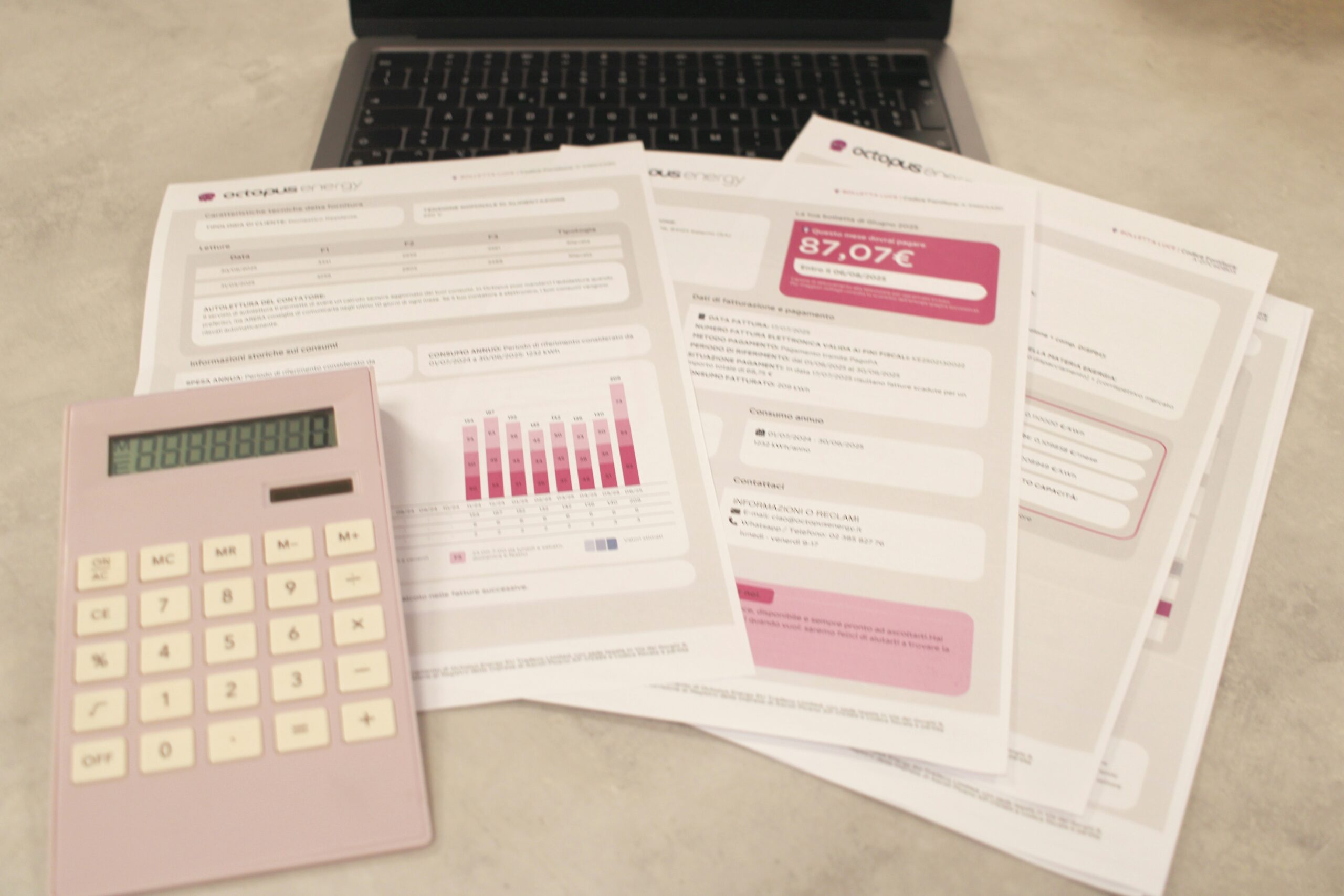Ever felt like you’re walking a tightrope when preparing for an audit on your political risk insurance? Like that one time I accidentally filed the wrong form and got hit with penalties so steep it felt like my wallet was crying out loud. Yeah, audits can feel like that—especially when your credit cards are tied to international transactions covered by political risk insurance. In this guide, we’ll walk through actionable Audit Preparedness Tips tailored specifically to help you stay ahead without losing sleep.
Table of Contents
- Introduction & Key Takeaways
- Why Political Risk Insurance Matters
- Step-by-Step Audit Preparedness Guide
- Best Practices for Smooth Audits
- Real-World Examples
- FAQ Section
- Conclusion
Introduction & Key Takeaways
In this article, you’ll learn:
- The critical role of political risk insurance in managing credit card-related financial exposure.
- A step-by-step breakdown of how to prepare for audits effortlessly.
- Proven best practices and real-world success stories to inspire confidence.
- Your burning questions answered in our FAQ section.
Let’s dive into why political risk insurance matters—and why getting audited doesn’t have to suck.
Why Political Risk Insurance Matters
Imagine flying blindfolded while juggling flaming swords. That’s what ignoring political risk insurance feels like if your credit cards handle cross-border transactions. According to the World Bank, over $7 billion worth of investments annually face potential disruptions due to geopolitical risks. Not fun stats, right?

So, where does audit preparedness fit into all this madness? Well…
Optimist You:
“If I just follow these Audit Preparedness Tips, I’ll breeze through any audit!”
Grumpy You:
“Ugh, fine—but only if coffee’s involved.”
Fair enough. Let’s keep things caffeinated and practical as we move forward.
Step-by-Step Audit Preparedness Guide
Here’s the no-nonsense roadmap to make sure your audit experience goes smoother than pouring maple syrup:
Step 1: Organize Documentation Early
Create digital folders labeled clearly (e.g., “Credit Card Statements,” “Insurance Policies”). It sounds basic, but trust me—I once spent days looking for misplaced receipts because I thought “organizing later” sounded chill. Spoiler alert: it wasn’t.
Step 2: Review Policy Coverage Regularly
Don’t let coverage gaps surprise you during audits. Check your policy terms at least quarterly—it’s like checking expiration dates on milk cartons; better safe than sorry!
Step 3: Implement Automated Alerts
Use tools like Google Calendar or Trello to set reminders for key deadlines. This way, you won’t find yourself Googling “how long do audits usually take?” at midnight before submission day.

Step 4: Communicate With Stakeholders
Keep everyone aligned—from accountants to insurers. It’s like organizing group project meetings back in college; awkward yet necessary.
Best Practices for Smooth Audits
Now that we’ve tackled the nitty-gritty, here are some pro tips:
- Stay Compliant: Double-check regulations regularly. Regulations change faster than TikTok trends sometimes.
- Maintain Transparency: No sneaky shortcuts—like hashtagging #BaconLovers for vegan content. Always disclose what needs disclosure.
- Have Backup Plans: Because life throws curveballs harder than a stressed-out toddler throwing toys.
Terrible Tip Disclaimer: Some people suggest ignoring small discrepancies because “they won’t notice.” Don’t listen to them—they’re probably selling get-rich-quick schemes under another tab.

Rant Alert:
You know what really grinds my gears? When people treat compliance like optional seasoning instead of the foundation of good business practices. End rant.
Real-World Examples
Talk about Sarah, a finance manager who implemented automated alerts after nearly missing an audit deadline. The result? A seamless audit process that saved her weeks of stress.
FAQ Section
What happens if I fail an audit related to political risk insurance?
Failing could mean hefty fines or even suspension of services. Think twice before skipping steps!
How often should I review my policies?
Quarterly reviews ensure nothing slips through cracks. Remember, prevention beats cure.
Can software help with audits?
Absolutely. Tools like QuickBooks or FreshBooks simplify record-keeping significantly.
Conclusion
To wrap this up neatly, remember: staying prepared isn’t rocket science—it’s more like mastering pasta water ratios. Be organized, stay informed, and communicate effectively. By following these Audit Preparedness Tips, you’ll not only ace audits but also protect yourself against unforeseen risks.
And yes, don’t forget your daily dose of SEO care, much like tending to a Tamagotchi from the ’90s. 🐣 Speaking of nostalgia…
Audit prep is tough, But caffeine makes nerves soften, Like floppy disks hum.


